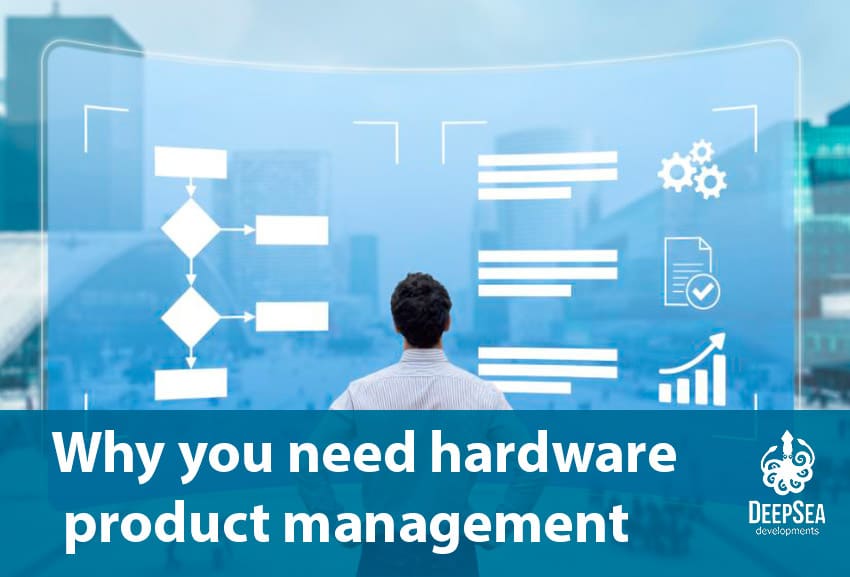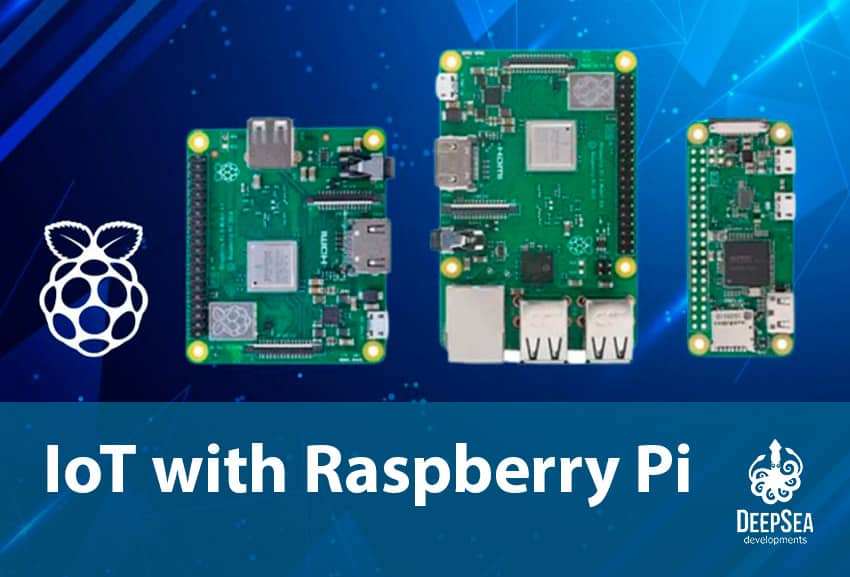Effective management is key to success in product development. This holds particularly true for hardware projects, where intricacies abound and meticulous oversight is crucial. In this article, we want to talk about hardware product management, exploring its importance, the role of a product manager, and its difference with software product management.
What is hardware product management?
Hardware product management involves the strategic planning, development, and oversight of physical products, from conception to launch and beyond. It encompasses various stages, including ideation, hardware design, prototyping, manufacturing, and distribution. At its core, hardware product management aims to ensure the timely delivery of high-quality products that meet customer needs and align with business objectives.
The role of a product manager:
A product manager serves as the orchestrator of the entire product development process. They are responsible for defining the product vision, conducting market research, and gathering customer feedback to inform product requirements.
Product managers collaborate closely with cross-functional teams, including engineers, designers, marketers, and executives, to drive the product forward at every stage. They prioritize features, make critical decisions, and ultimately, are accountable for the success of the product.
The importance of hardware product management
1. Alignment with customer needs:
Hardware product management ensures that products address genuine customer pain points and deliver tangible value. By conducting thorough market research and gathering customer feedback, product managers can steer development efforts in the right direction, leading to products that resonate with users (see business prototype example).
2. Risk mitigation:
Hardware projects inherently involve risks, from technical challenges to supply chain disruptions. Effective product management involves proactive risk identification and mitigation strategies to minimize potential setbacks.
By anticipating and addressing challenges early on, product managers help safeguard project timelines and budgets.
3. Quality assurance:
In hardware development, quality is paramount. Product managers oversee rigorous testing and quality assurance processes to uphold product standards and ensure reliability. By enforcing stringent quality control measures, they instill confidence in the product’s performance and longevity, enhancing its market appeal.
4. Resource optimization:
Hardware projects often require significant investments of time, money, and resources. Product managers play a crucial role in resource allocation, optimizing budgets (cost management, margin setting, and inventory forecasting), timelines, and team efforts to maximize efficiency and minimize waste (see speed to market).
By carefully balancing competing priorities, they help streamline the development process and drive cost-effective outcomes.
What is software product management?
While hardware product management focuses on physical products, software product management pertains to the development and management of software-based products and services. Similar principles apply, including defining product requirements, prioritizing features, and collaborating with cross-functional teams.
However, software product management often involves shorter development cycles, rapid iteration, and a greater emphasis on user experience and scalability. Some of its characteristics include:
Agile development cycles:
Software development operates on shorter and more iterative cycles, typically one to four weeks long. Agile methodologies like Scrum or Kanban are commonly used to deliver features and improvements swiftly.
Flexible testing:
Software product managers often employ A/B testing during development to fine-tune features and user experiences, allowing for quick decision-making and adaptation.
Limited financial oversight:
While hardware product management requires an involvement in financial decisions, software project managers typically have minimal involvement in financial matters concerning product development.
To sum up, the role of hardware product management cannot be overstated in ensuring the success of any project, particularly in the realm of hardware development. By entrusting your project to DeepSea Developments, you are not only leveraging their expertise in hardware development services but also benefiting from meticulous planning, rigorous testing, and strategic oversight throughout the entire product lifecycle. With DeepSea Developments by your side, you can rest assured that your hardware project is in capable hands, poised for success in the competitive marketplace.





